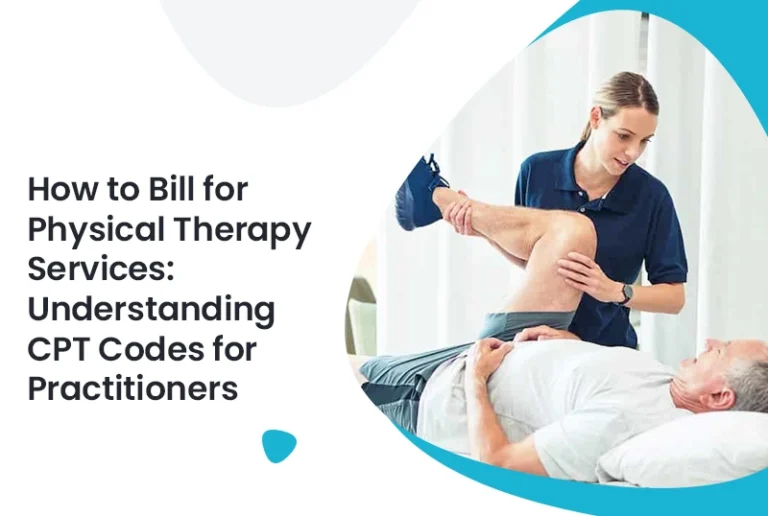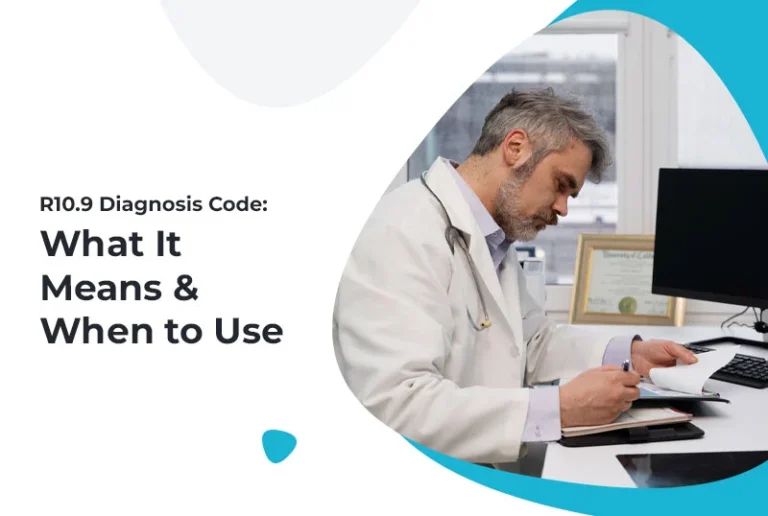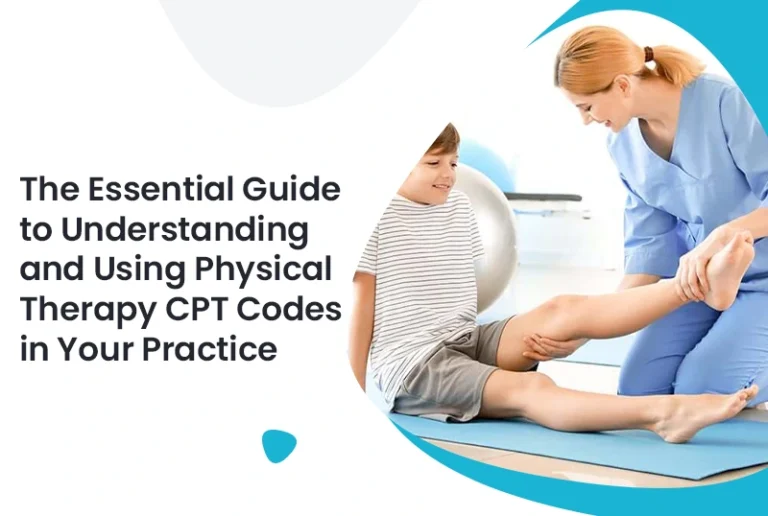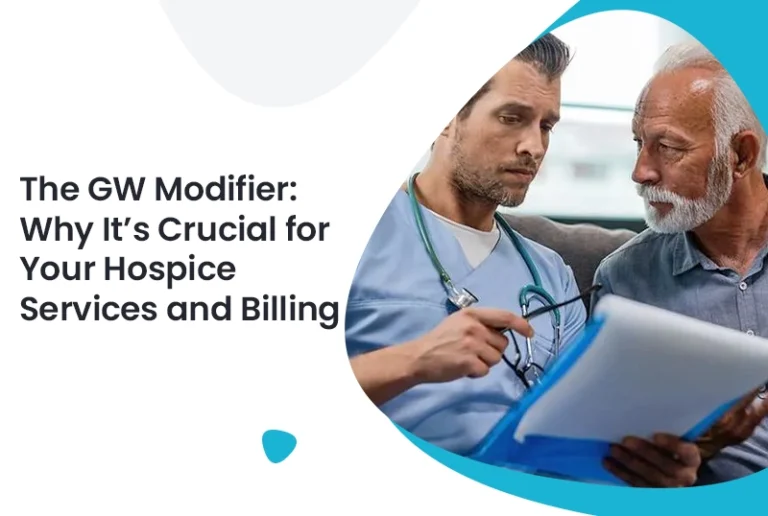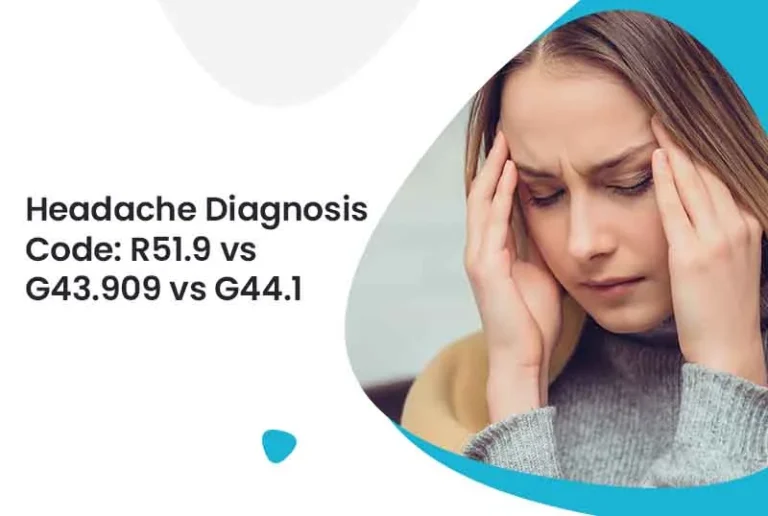The CO 97 denial code is used in medical billing to indicate that a claim has been denied because the payment for a service is already included in another service or procedure on the same claim. It is not typically a “non-covered charge” but rather signals that the billed service is bundled or inclusive as per payer guidelines. This code serves as a contractual obligation notification, alerting providers that a separate payment is not warranted because the benefit has already been adjudicated with another payment.
Understanding and effectively resolving CO 97 denials is crucial for healthcare providers, as it helps prevent unnecessary financial losses, streamlines billing processes, and ensures regular cash flow. Working with a medical billing service can greatly enhance the ability to manage and resolve these denials efficiently. This, in turn, supports better practice management and quality patient care.
Why CO 97 Denial Code Resolution Matters
- Prevents Financial Loss: Resolving CO 97 denials ensures providers receive payment for all eligible services rendered.
- Streamlines Billing Process: Proper resolution helps avoid recurring billing errors and reduces administrative rework.
- Improves Practice Cash Flow: Timely reimbursement from resolved claims maintains a healthy and predictable revenue stream.
By addressing CO 97 denials promptly and accurately, providers reduce the administrative burden and boost both patient outcomes and practice profitability.
Common Causes of CO 97 Denial Code
- Bundled Procedures: Services inherently included as part of a main procedure (e.g., specimen collection during surgery) are not paid separately.
- Global Surgery Periods: Evaluation & Management (E/M) services performed during the post-operative window are rarely reimbursed independently.
- Inclusive Service Codes: Certain minor or auxiliary services (e.g., dressing changes during wound care) are bundled into the primary treatment’s code.
- Incorrect Coding: Submitting codes for mutually exclusive or bundled procedures leads to denials.
- Failure to Review Payer Policies: Not staying current on insurance bundling and billing guidelines can trigger CO 97 denials.
Real-Life Example of a CO 97 Denial
Scenario 1: Colonoscopy with Biopsy
“A provider performs a colonoscopy and removes a polyp for biopsy. Billing separately for the colonoscopy and the biopsy may trigger a CO 97 denial, as the biopsy is considered part of the main procedure and already included in its payment allowance.”
Scenario 2: Surgery and Anesthesia
“A patient undergoes knee replacement surgery, and both the surgical and anesthesia services are billed separately. The insurance plan bundles payment for anesthesia within the surgery’s global fee, so the claim for anesthesia is typically denied using the CO 97 code.”
These scenarios highlight why understanding bundling rules and coding guidelines is critical for denial prevention.
Common Mistakes in Handling CO 97 Denials
- Not Reviewing Patient’s Insurance Policy: Failing to check coverage specifics may result in denials for services the plan bundles or excludes.
- Incorrect or Incomplete Coding: Omitting required modifiers or choosing unlisted/bundled codes leads to avoidable denials.
- Failure to Submit Adequate Documentation: Not including supporting records or notes can prevent successful appeals or corrections.
How to Resolve a CO 97 Denial: Step-by-Step Guide
- Review the Denial Notice: Read the explanation of benefits/remittance advice thoroughly to understand the payer’s rationale.
- Examine Payer Bundling Guidelines: Determine if the denied service is truly included in another billed service.
- Check Insurance Coverage: Confirm whether the service is covered or if an alternative billing approach is available.
- Correct & Resubmit Claim: Revise codes to ensure compliance with bundling and plan rules, then submit a corrected claim.
- Provide Additional Documentation: Include medical records, treatment notes, or operative reports as evidence if requested.
- File an Appeal (if appropriate): If you believe the denial is incorrect, appeal with detailed explanations and all necessary documentation.
Best Practices for Claim Review and Denial Mitigation
- Accurate Claim Submission: Expert billers reduce the occurrence of CO 97 denials by understanding payer-specific billing rules and correct code usage.
- Efficient Denial Management: Revenue cycle management services track, analyze, and address denials such as CO 97 to ensure quick corrections and minimize revenue disruption.
- Ongoing Staff Training: Keeps billing teams up-to-date with coding changes and insurance policies, reducing future errors.
- Audit and Analytics: Identifies trends in denials and adjusts processes to avoid recurring mistakes.
- Faster Reimbursement: Streamlined resolution leads to quicker payments from payers and overall healthier cash flow.
Expert Advice for CO 97 Denials
- Routinely audit your medical billing and coding processes to ensure compliance.
- Invest in staff training and modern billing software that can flag potential bundling conflicts before submission.
- Regularly communicate with payers to stay informed of any changes in bundling or coverage criteria.
- Collaborate with professional medical billing or RCM providers to optimize claim performance and maximize collections.
By understanding the causes behind CO 97 denial codes, actively following best practices, and leveraging expert billing/RCM support, healthcare providers can resolve denials efficiently and keep their revenue cycle robust.
For an authoritative explanation and additional resources on CO 97 denial codes, visit the Centers for Medicare & Medicaid Services (CMS):
CMS Explanation of Denial Codes
Frequently Asked Questions
Q1: What does the CO 97 denial code mean?
It means a service was not paid separately because its benefit is included in another service or procedure that’s already been paid for on the same claim.
Q2: How can I avoid CO 97 denials?
Review each patient’s coverage carefully, use accurate and up-to-date procedure codes, and ensure complete supporting documentation accompanies each claim.
Q3: What should I do when I get a CO 97 denial?
Review the denial rationale, check coverage and bundling rules, correct coding errors, submit necessary documentation, and appeal if appropriate.
Q4: How do revenue cycle management services help?
RCM services streamline denial analysis, correct errors quickly, keep claim processes compliant, and support quicker reimbursement.
Q5: How does accurate coding affect CO 97 denials?
Proper coding reduces the risk of denials by ensuring services are billed appropriately and not mistakenly separated from bundled procedures or global periods.

